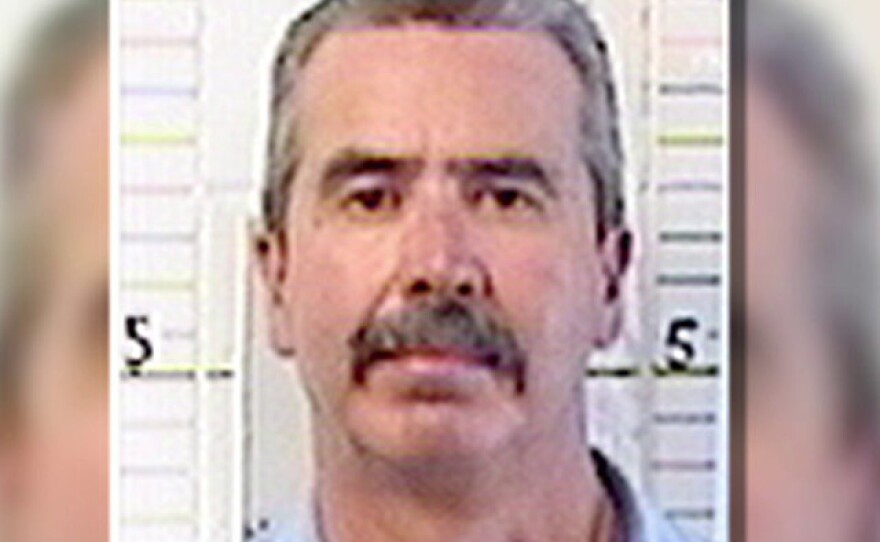A man who was a 17-year-old gang member when he killed a San Diego police officer in 1978 has been granted parole, but District Attorney Summer Stephan said Thursday that she is hopeful Gov. Gavin Newsom will reverse the decision.
Jesus Cecena, 59, was convicted of killing Officer Archie Buggs, 30, who was shot four times after he stopped a car driven by Cecena in the Skyline neighborhood.
Cecena fired five times at Buggs, then paused, walked toward the fallen officer and fired a final bullet into his head at point-blank range. The officer died in the street, his hand still on his service revolver.
Cecena was granted parole Wednesday during a video-conference hearing at Valley State Prison in Chowchilla. He was previously granted parole in 2014, 2015 and 2017, but each time the decisions were reversed.
Cecena's latest parole hearing — his 18th — included a discussion of his criminal record, psychiatric factors, parole plans, and statements by representatives of the victim's family.
"We are deeply disappointed that the killer of one of San Diego's finest officers was granted parole," Stephan said. "This crime impacted the entire San Diego community and caused great pain for the family of Officer Archie Buggs.
"This fallen officer was so respected by the law enforcement community that a substation was named after him," she said. "We are hopeful that Governor Newsom will review this parole grant and reverse it once again to keep this killer incarcerated."
In 1979, Cecena was sentenced to life in prison without the possibility of parole, but the sentence was reduced to a seven-year-to-life term in 1982 due to him being underage at the time of the shooting.






